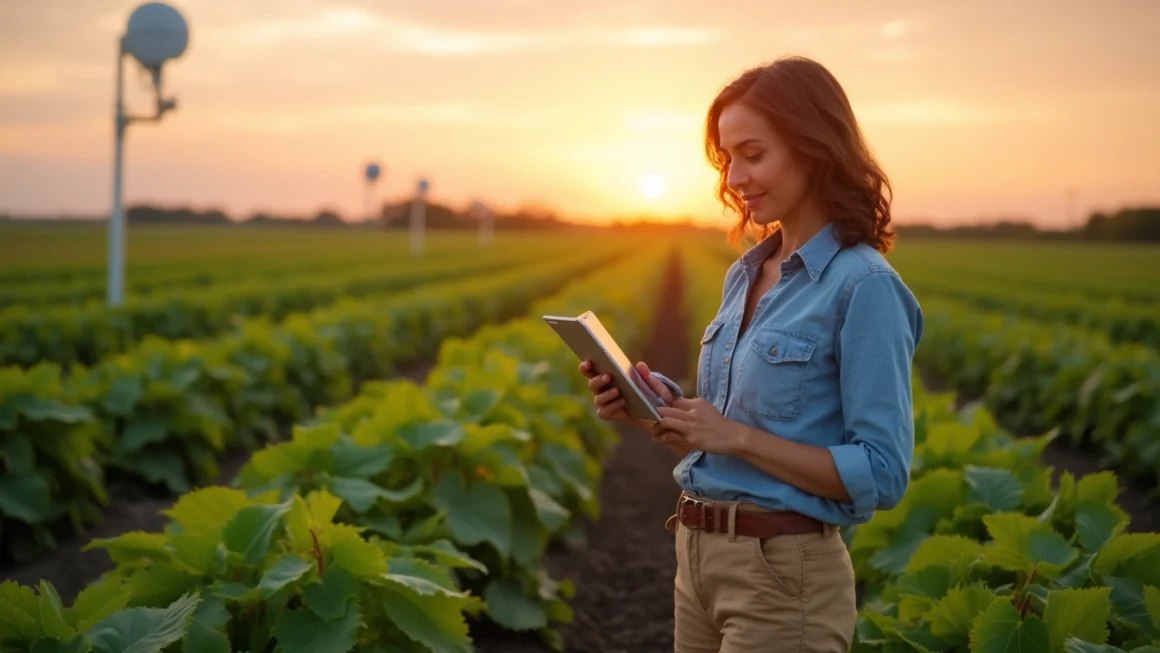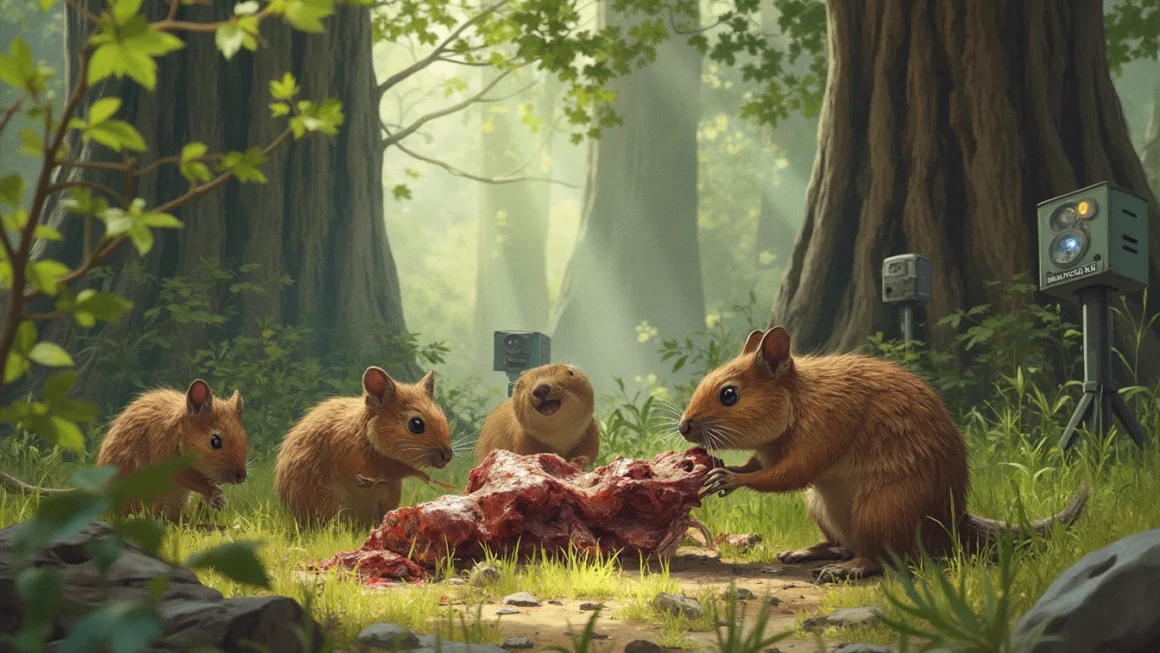Understanding the Impact of Climate Change on Global Agriculture
Table of Contents
The world of agriculture is experiencing unprecedented shifts due to the relentless march of climate change. As our planet warms, the implications for global food production are profound and wide-reaching. This fascinating interplay between our climate and agriculture warrants in-depth exploration. In this article, we’ll delve into these impacts, examining the past, present, and future of farming across the globe.
The Historical Context of Agricultural Evolution
Agriculture has always been at the mercy of nature’s whims. From the earliest days of farming, weather patterns dictated crop success or failure. However, over centuries, as agricultural practices evolved, farmers learned to predict and adapt to weather changes. This fragile balance is now severely challenged by climate change.
The Rise in Global Temperatures
One of the most pressing issues is the gradual rise in global temperatures. This rise is not just a number on a thermometer; it translates into longer droughts, hotter summers, and more volatile weather patterns. Crops that flourished under certain conditions struggle in the new, harsher climate.
- Extended droughts stress water supplies.
- Increased heat affects crop yields.
- Unpredictable rains can destroy crops.
Impacts on Crop Yields and Livestock
The impact of climate change extends beyond crop growth; it affects livestock and, by extension, the entire food supply chain.
Adverse Effects on Crop Yields
Plants thrive under specific temperature and moisture conditions. Deviations from these can significantly reduce yields. For instance, staple crops like wheat, rice, and maize are highly sensitive to temperature changes, and a shift of even a few degrees can impact production.
Challenges for the Livestock Sector
Heat stress not only affects crops but also livestock. Animals experiencing prolonged heat exposure have reduced fertility, slower growth rates, and, in severe cases, higher mortality rates. These changes stress the agricultural systems and increase the cost of food production.
Sustainable Innovation and Solutions
The agricultural sector is recognizing these challenges and innovating in response. Sustainable practices are increasingly important in mitigating climate impacts.
Embracing Sustainable Practices
Innovative strategies such as precision agriculture, which uses technology to make farming more efficient, are gaining ground. Techniques like crop rotation, eco-friendly pest control, and water conservation are reshaping traditional farming practices.
Technology and Climate-Resilient Crops
Biotechnology plays a crucial role in developing climate-resilient crop varieties. These genetically modified crops can withstand temperature fluctuations, resist pests, and require less water.
Farmers worldwide are becoming more reliant on weather forecasting technology to predict and prepare for extreme conditions. By harnessing data, farmers can make informed decisions that align with environmental fluctuations.
Collaboration and Education as Key Factors
Global and cross-sector collaboration is essential to tackle the challenges posed by climate change. Organizations, governments, and farmers must work together to share knowledge, resources, and strategies.
Education is also crucial—equipping farmers with the latest knowledge about sustainable practices can empower them to act effectively against environmental shifts.
As governments formulate policies to support farmers and research organizations work towards innovative solutions, the hope is that a combination of technology and sustainable practices will help safeguard global food security.
For those interested in learning more about technology and sustainable practices, a visit to this portfolio website might offer additional insights.
Conclusion: Adapting to Ensure Food Security
The evidence is clear: climate change is transforming agriculture. However, through innovation, collaboration, and education, we can devise strategies to mitigate its impacts. By embracing sustainability, we can not only survive but thrive in this new agricultural paradigm. The future of global food security depends on our collective actions today.
Let us all play our part in creating a more sustainable agricultural future.




